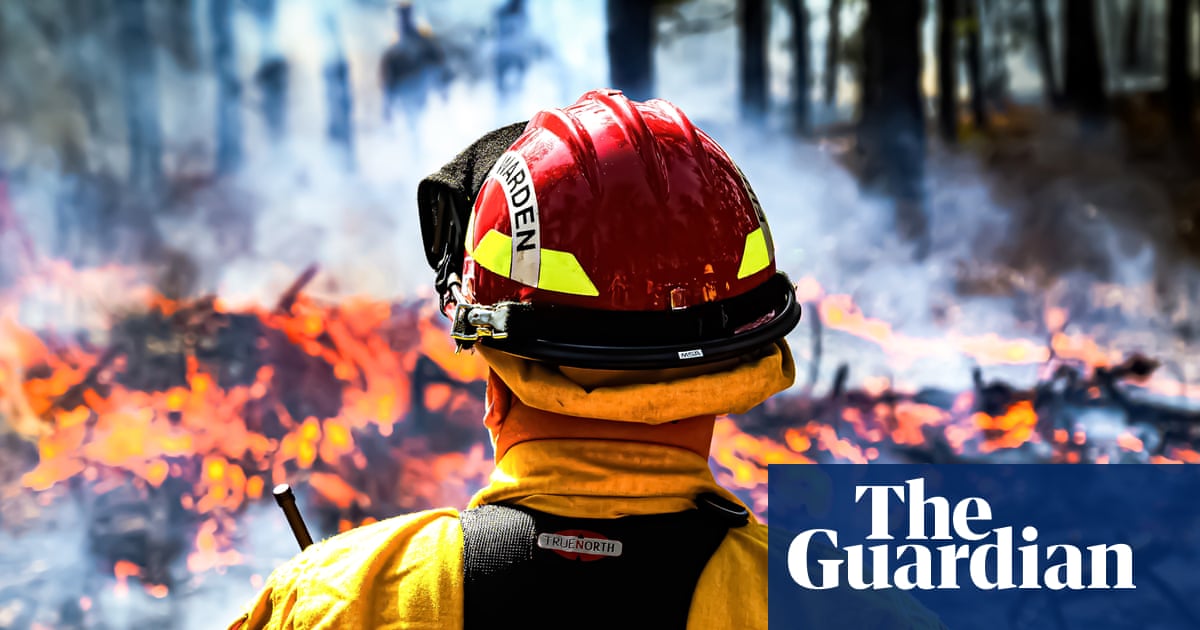
"Early in her military career, she collapsed from heat exhaustion while carrying a 65lb pack on a sweltering hike in Quantico, Virginia. Years later in Afghanistan, Rivera drove a truck in temperatures nearing 120F (49C). But she was ready. She had taken a mechanics course twice to make sure she could fix the truck's air conditioning if it failed. She knew extreme heat could incapacitate her marines. They need water and good temps like everybody, she said."
"Across the US military, the climate crisis isn't a distant threat. It's a daily challenge. The fallout from a warming planet has hit the military hard, sidelining more than 10,000 troops with heat-related illnesses since 2018, flooding bases and undermining everything from runways to nuclear readiness. For decades, the Pentagon viewed the climate crisis as a national security threat not for environmental reasons, but because it undermined operations and readiness. Now the Trump administration is dismantling that approach."
Vida Rivera experienced heat exhaustion early in her career and later operated trucks in Afghanistan in temperatures nearing 120F, preparing by learning to repair air conditioning. Extreme heat has sidelined more than 10,000 U.S. troops with heat-related illnesses since 2018, and annual rates of heat exhaustion among service members rose 52% from 2020 to 2024. Flooding and extreme weather are damaging bases, runways, and nuclear readiness while stressing installations from Guam to North Carolina. The Pentagon historically treated climate change as a national security threat because it undermines operations and readiness. Recent defense leadership cuts climate research funding and adaptation plans, prompting concerns about strategic vulnerability.
Read at www.theguardian.com
Unable to calculate read time
Collection
[
|
...
]